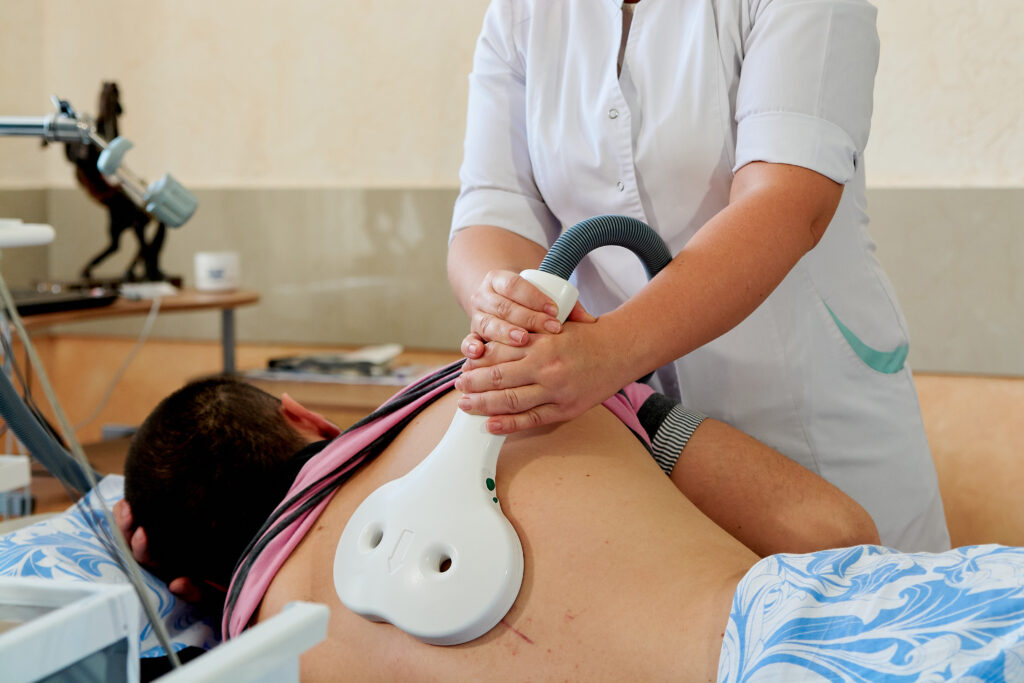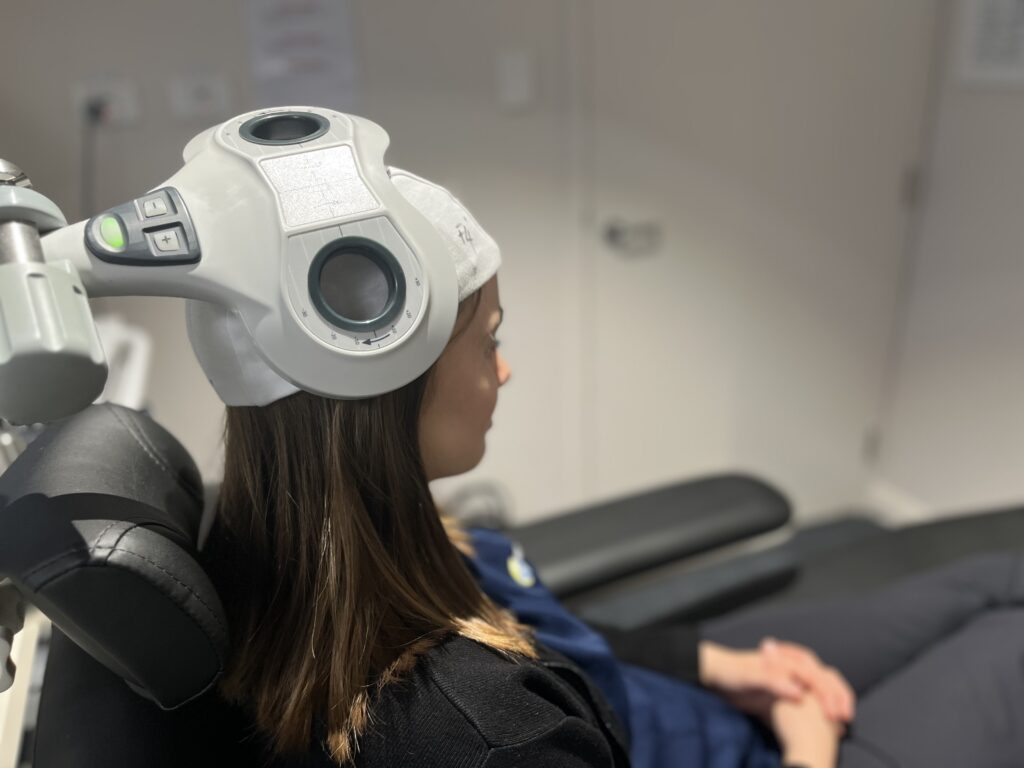Pioneer Health TMS
Non-invasive treatment for depression.
Pioneer Health Albany and Neuralia TMS are pleased to offer the first TMS service in Albany and the Great Southern.
SERVICES
What is Transcranial Magnetic Stimulation (TMS)?
Other conditions





Other conditions
Such as tinnitus, migraine, ADHD, Parkinson’s disease and other psychiatric conditions
WHO WE ARE
Who is Pioneer Health TMS?
Pioneer Health TMS is pleased to be able to offer TMS therapy to patients in Albany and the Great Southern. Our team is led by Dr David Tadj, a dedicated General Practitioner with a profound passion for exploring the transformative benefits of Transcranial Magnetic Stimulation therapy in improving the lives of patients struggling with various mental health conditions. David is supported in the delivery of our TMS program by our TMS nurses and our TMS Support Coordinator. The Pioneer team operates under the guidance of Psychiatrist Dr Shanek Wick from Neuralia TMS.
Who is Neuralia TMS?
Our Process
Your Journey with TMS
-
Call us
(08) 9842 2822
-
Need help?
Enquire now
1. Referral
2. Initial Review & TMS Prescription
3. Mapping & Resting Motor Threshold
4. Treatment Phase
5. 4 months hiatus
6. Maintenance Treatment Phase
FAQ
Frequently Asked Questions
There is increasing evidence that TMS is effective for a number of other conditions, including:
• Obsessive Compulsive Disorder (OCD)
• Post Traumatic Stress Disorder (PTSD)
• Bipolar Affective Disorder (depressive phase)
• Tinnitus
• Addiction (such as alcohol)
• Chronic Pain
There is currently research underway into TMS for dementia, stroke, Parkinson’s disease, eating disorders, chronic fatigue syndrome, autism and attention deficit disorder.
TMS has few side effects and is often long lasting. Some patients may occasionally experience temporary light headedness or mild scalp tenderness after treatment. These side effects can be usually fixed quite easily with some modifications. Risk of seizure is very low if you have no risk factors (1 seizure in 50,000 treatment sessions if you have no risk factors). This risk of seizure with TMS is lower than almost every single antidepressant.
No, it’s not. ECT (Electroconvulsive therapy) and TMS (Transcranial Magnetic Stimulation) are not the same. While both come under the overall category of “Neurostimulation,” they are actually quite different.
ECT uses an electric current to specifically cause a seizure. When a person experiences a seizure it is thought that there is a large dump of neurotransmitters (seritonin, noradrenhaline and dopamine) resulting in the “hitting of a reset button.”
TMS on the otherhand uses a focal magnetic field to penetrate the skull and stimulate the nerves of the brain. This stimulates both growth and healing. Unlike ECT, we do NOT want to cause a seizure.
ECT is usually done as an inpatient in hospital. It requires sedation that this overseen by an anaesthetist. ECT if often saved by patient with severe catatonic depression or psychosis. TMS, unlike ECT is not associated with cognitive side effects such as memory loss.
No. Rather, we recommend not making any changes to your mediction prior to commencing TMS. This allows us to more clearly ascertain the cause of any of your improvements. Often patients who respond well to TMS do end up coming off their medication.
Please note: this is general advice and your TMS psychiatrist may provide different advice depending on your personal circumstances.
Not just yet. Your TMS psychiatrist will discuss this issue during your final TMS session. If you have had notable clinical improvement, your TMS psychiatrist will provide your GP a plan for how you can start weaning yourself off the antidepressant. This process should be done cautiously, conservatively and in consultation with your GP.
